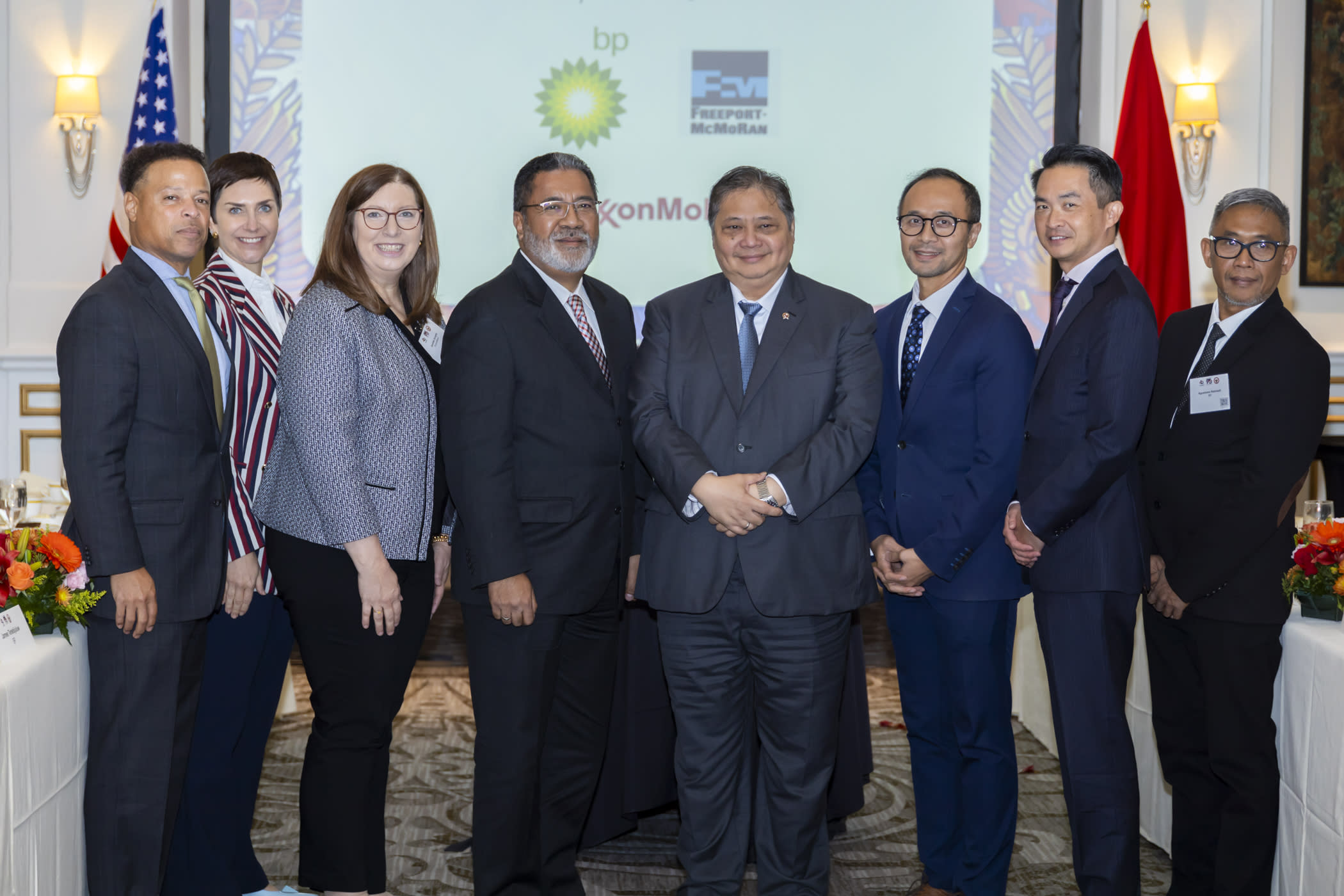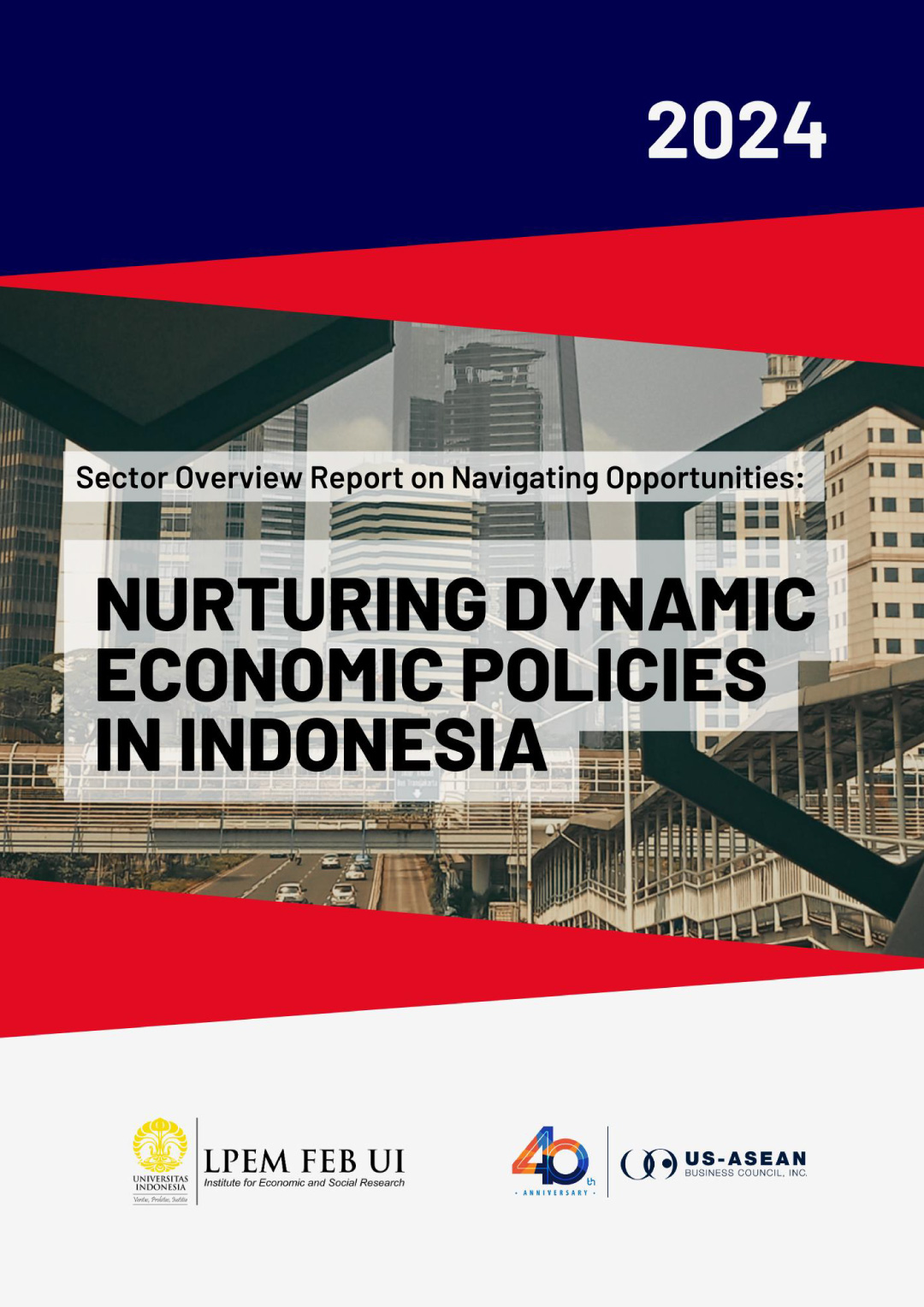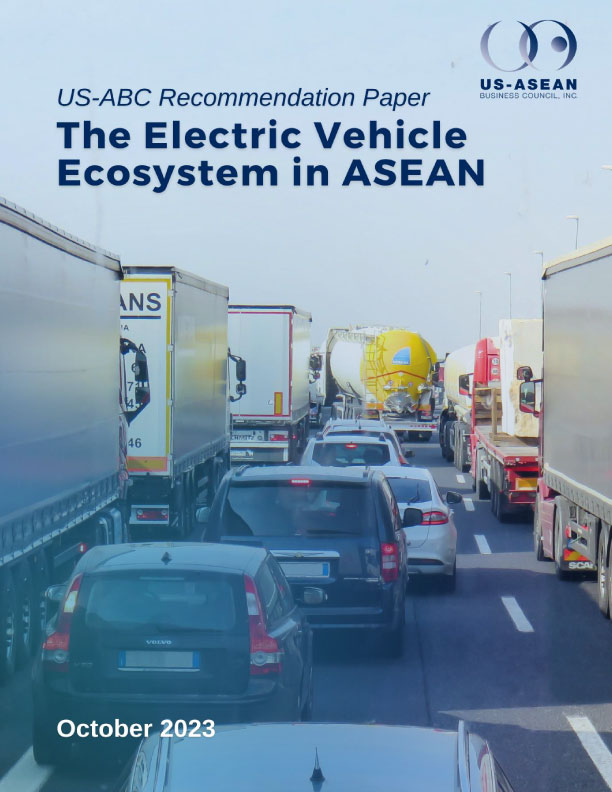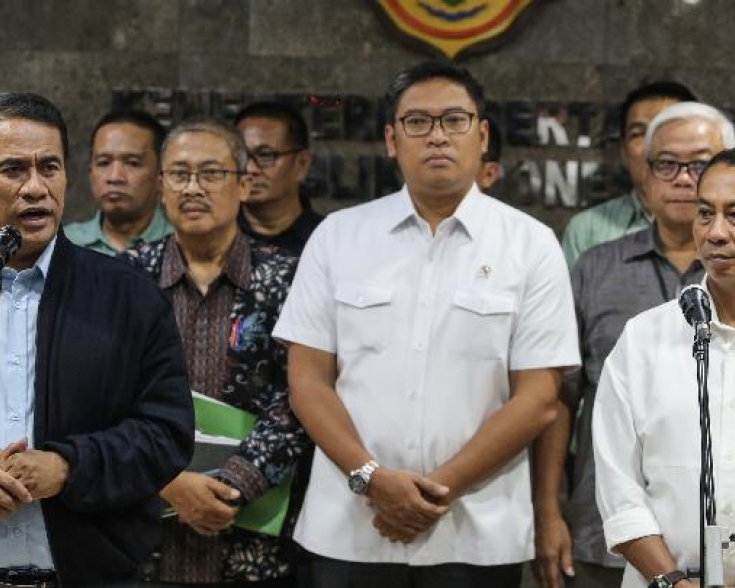Indonesia’s CPTPP Membership Application: Prospects and Impacts

In its latest bid to expand global market reach, Indonesia has submitted its application for CPTPP membership to New Zealand, the depository of the 11-member bloc. Indonesia’s Coordinating Minister for Economic Affairs, Airlangga Hartarto, who the Council met with in Washington DC on November 21st, stated that through the trade agreement, Indonesia aims to access new markets in Latin America such as Mexico and Peru and increase its trade value by up to 10 percent. ASEAN peers have demonstrated the benefits of CPTPP membership, including Vietnam, which nearly doubled its exports to North American countries—Canada and Mexico—under the CPTPP under the CPTPP, from $6.3 billion in 2018 to $11.7 billion in 2023.
This latest move aligns with Indonesia's recent push to join global trade pacts, following its 2023 signing of the Regional Comprehensive Economic Partnership (RCEP) and application for OECD membership. The CPTPP, signed in 2018, evolved from the Trans-Pacific Partnership (TPP) which the US withdrew in 2017. The bloc now includes 11 countries—Australia, Brunei, Canada, Chile, Japan, Malaysia, Mexico, New Zealand, Peru, Singapore, and Vietnam—representing 13.5 percent of the global economy.
One key area to watch with Indonesia's potential accession to the CPTPP is digital trade. Indonesia stands to benefit from the CPTPP’s e-commerce provisions, enabling free trade and cross-border data transfers, particularly in its growing digital services export sector. Indonesia CPTPP membership would also offer benefits to current bloc members by expanding digital trade access to Southeast Asia's largest e-commerce market, where the sector is projected to grow from $52.93 billion in 2023 to $86.81 billion by 2028. Additionally, the country’s CPTPP membership could help mitigate the risk of tariffs on online transactions, especially as the WTO moratorium on digital goods tariffs, which Indonesia is subject to, is set to expire in two years. The timing is especially important as given the processing timeline for the accession—estimated at 2 to 2.5 years—Indonesia’s CPTPP membership could coincide with the end of the WTO moratorium extension.
The recognition of Indonesia's potential to bring benefits to the CPTPP bloc is also reflected in the recent Center for Strategic and International Studies (CSIS) survey, which found that among nations in the CPTPP, Indonesia ranked fourth, behind the U.S., China, and South Korea, as a country expected to bring significant benefits upon accession. Accession would also allow Indonesia to diversify its trade, which is dominated by China, accounting for over 25 percent of the country’s trade in 2022.









